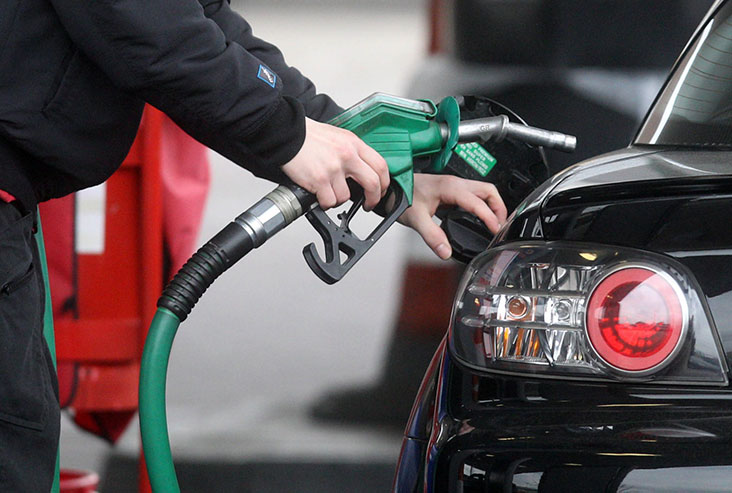


With the growing popularity of electric vehicles (EVs) and concerns about climate change, many people are wondering if petrol cars still have a future. While it is true that EVs are gaining traction and governments around the world are pushing for a transition to cleaner transportation, petrol cars are still expected to hold a significant market share in the coming years.
One of the main reasons why petrol cars are likely to remain relevant is their widespread infrastructure. Petrol stations are abundant and easily accessible, allowing drivers to refuel their vehicles quickly and conveniently. In contrast, the charging infrastructure for EVs is still developing, and long charging times can be a deterrent for potential buyers.
Another factor that contributes to the future of petrol cars is their affordability. Petrol-powered vehicles are generally cheaper to manufacture compared to EVs, primarily due to the expensive batteries required for electric propulsion. This cost advantage makes petrol cars more accessible to a larger portion of the population, particularly in developing countries where EV adoption is still limited.
Moreover, petrol cars have undergone significant technological advancements in recent years, resulting in improved fuel efficiency and reduced emissions. Manufacturers are constantly innovating to meet stricter environmental regulations, and the introduction of hybrid and plug-in hybrid models further enhances the efficiency of petrol-powered vehicles. These advancements contribute to a more sustainable future for petrol cars.
It is also worth noting that not all regions have the necessary infrastructure to support a widespread adoption of EVs. Rural areas or places with limited access to charging stations may find petrol cars a more practical option. Additionally, certain industries heavily rely on petrol-powered vehicles, such as long-haul trucking or aviation, where the infrastructure for electric alternatives is still in the early stages of development.
While it is undeniable that EVs are gaining momentum and their market share is expected to grow, petrol cars are unlikely to disappear entirely. The coexistence of both petrol and electric vehicles will provide consumers with a range of options to suit their needs and preferences. As technology continues to advance, it is possible that hybrid models will bridge the gap between conventional and electric vehicles, offering the best of both worlds.
In conclusion, while the future of petrol cars may face challenges from the rise of EVs, they are expected to maintain a significant presence in the automotive industry. The existing infrastructure, affordability, technological advancements, and specific use cases all contribute to the ongoing relevance of petrol-powered vehicles. As the world transitions to cleaner transportation, a diverse mix of petrol and electric vehicles will likely coexist for the foreseeable future.